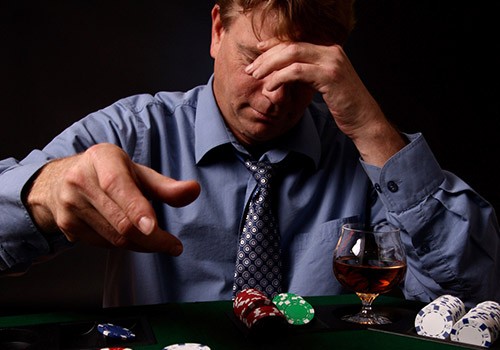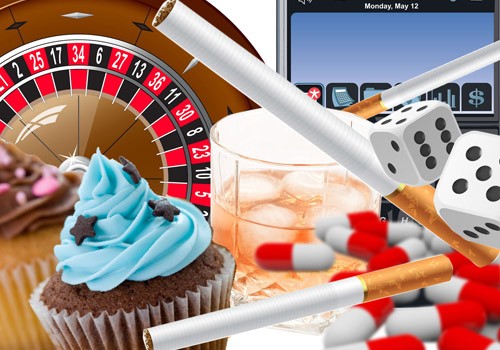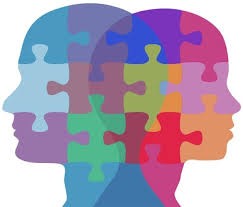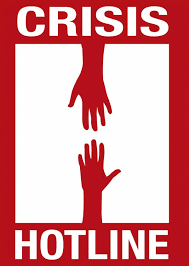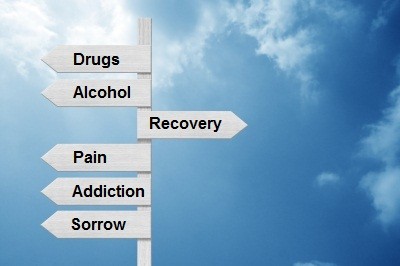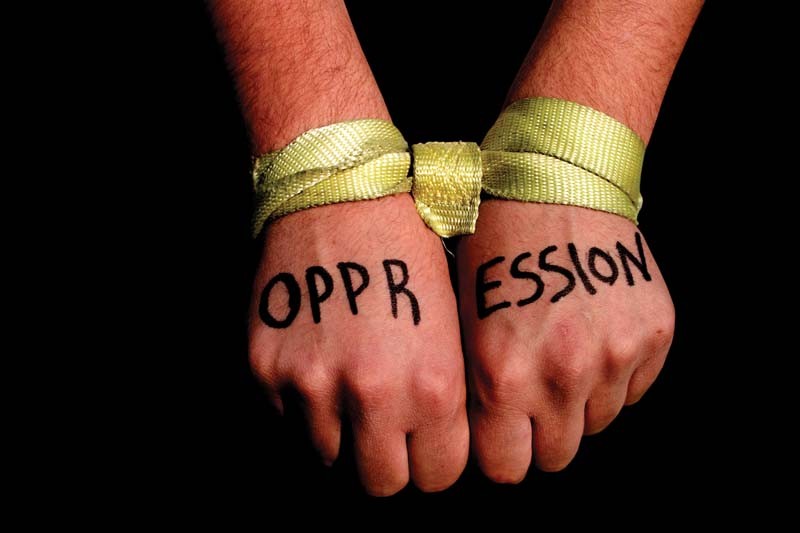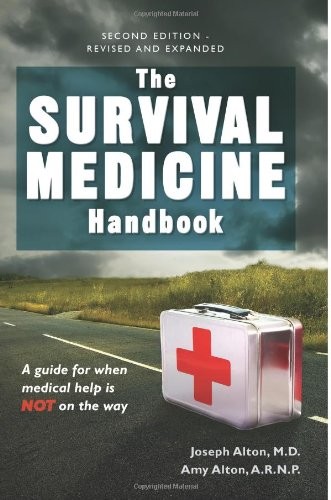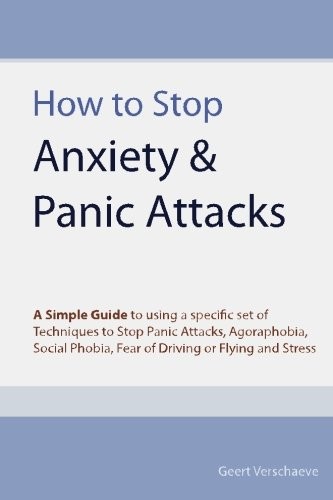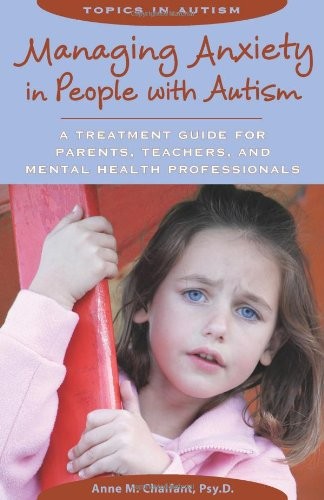Anxiety: How to Clear Your Head When Worry Sets In
2

Category: Mental Health
Date: 26 Aug 2015
Created By : yograj1Stress is normal. in today's busy world, it's almost impossible to avoid it unless you plan on settling into a quiet bunker on the moon. Even then, there are plenty of things to worry about, like oxygen supply and how to air out the bathroom. Anxiety is a natural reaction to stressful situations, but often anxiety of perceived things—whether or not they may happen—can make things even more difficult. When anxiety lingers, it can cloud even the simplest of experiences. Advertisement Dealing with stress in a healthy way is important. However, not everyone has yet learned ways to adequately deal with stress and anxiety, which can be especially overbearing with a condition such as bipolar disorder. Dr. David M. Reiss, a psychiatrist in private practice and interim medical director of Providence Behavioral Health Hospital in Holyoke, Mass., said people with bipolar disorder are more vulnerable to any type of stress or anxiety, whether it be emotional, situational, practical, or physiological. "The general advice for persons with bipolar is not very different than the advice I would give anyone (including those with no diagnosis), other than that persons who tend to become manic need to be careful in using some 'stress-reduction' techniques that may tend to push them into obsessional or manic states," Dr. Reiss said. "Specifically, those people need to be careful to avoid obsessional exercise, long periods of meditation that could trigger cognitive disorganization, excessive fantasy, etc." Breathe You've probably heard it before, but when things get hectic, it's important to breathe. Stress and anxiety release a flood of hormones in the body, which increase heart rate and energy. These are helpful to propel your body away from a charging wildebeest, but unless that's the case, they'll cause unnecessary stress on your body. Stopping what you're doing and taking calm, deep breaths is a natural way to signal to your body that you aren't in any immediate danger, slowing the flood of adrenaline and lowering your heart rate so you can think clearly. Don't Deny What is Going On "For minor anxiety, be careful not to fall into denial," Dr. Reiss said. "Do not try to medicate every minor mood change—that will cause more problems than it helps. Learn to differentiate between benign mood fluctuations and serous changes or 'warning signs.'" Lean on Others Dr. Reiss recommends that when anxiety is present, or you feel yourself stumbling, that is when it's most important to look for help. He recommends a psychiatrist who knows how to combine use of medication with non-medical interventions to help to determine if there needs to be a change in medication, or if other behavioral techniques may be sufficient. "Of course, it is important to have a counselor/therapist or a peer mentor who can help to 'keep you honest'—supportively confront you if there are signs of either mania or depression," Dr. Reiss said. "Having trusted person(s) who can do this can relieve the fear and anxiety of falling into an affective episode, fear and anxiety that can be disruptive of happiness and stability and self-fulfilling." It's important to remind yourself that it is not your friends' responsibility to keep you "up," but it is your responsibility to seek out connections with people to maintain stability and to enjoy yourself, Dr. Reiss said. Also, it's important to note who you have a relationship with, from casual acquaintances, to casual friends, to close friends, to intimate relationships and family relationships. "All of these types of relationships are important," Dr. Reiss said. "Try not to become dependent upon just a few people." Keeping distance from persons who have bad habits or are a negative influence is also important, as your safety must come first. "End any relationship that involves substance abuse, hostility, violence or severe incompatibility," Dr. Reiss said. "Relationship counseling may be helpful, but not every relationship should be maintained, and once a certain degree of trust is lost, it may be irretrievable."


















